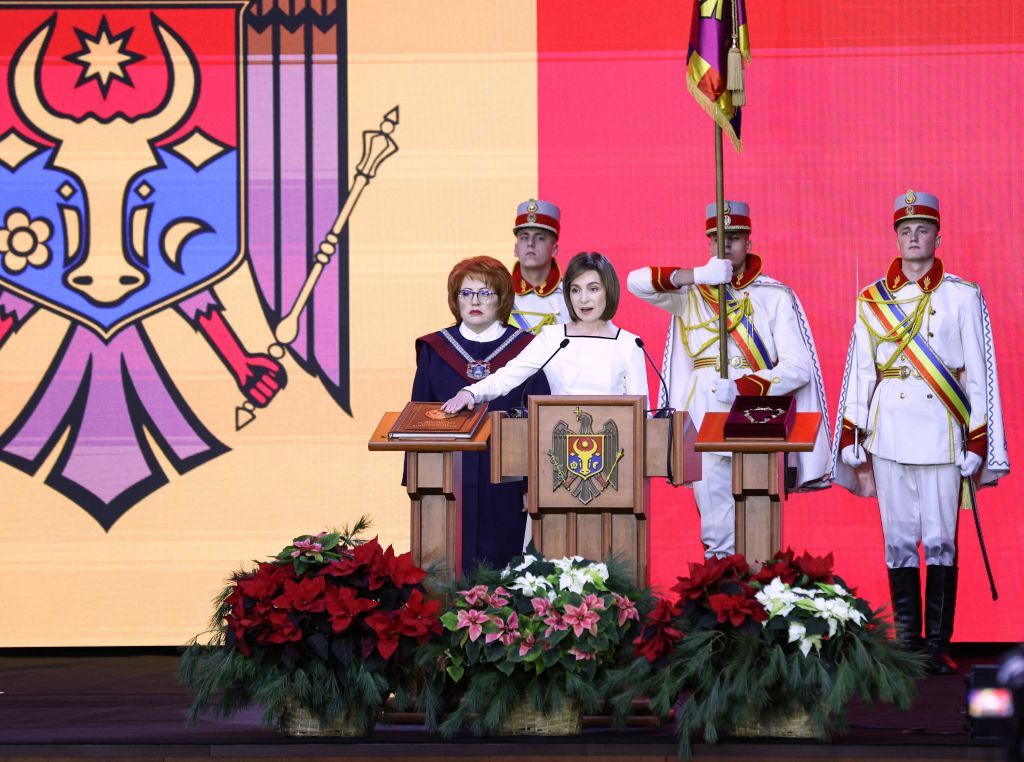Editor's note: This article has been updated to include the Moldovan Prime Minister's comments.
The Russian state-owned energy giant Gazprom announced on Dec. 28 that it is ending gas supplies to the Russian-occupied region of Transnistria in Moldova, effective Jan. 1, 2025.
While a deal to allow Russian gas to flow to Moldova and other European countries via Ukraine expires at the end of the year, Gazprom said the decision was related to Moldova's outstanding debt, not problems with transit.
The Moldovogaz energy company "regularly fails to fulfill its payment obligations," Gazprom claimed on Dec. 28. As a result, Gazprom is suspending natural gas supplies to Moldova.
Moldovan Prime Minister Dorin Recean condemned the decision and denied Russia's allegations of debt.
"Russia uses energy as a political weapon, turning people in the Transnistrian region, which it controls through its illegally stationed army, into hostages," Recean said in a social media post.
"The government condemns these oppressive tactics and reiterates that it will not admit any alleged debt, which has been invalidated by an international audit."
Recean said the Moldovan government was considering a number of legal options in response to Russia's decision, including international arbitration.
Transnistria is heavily dependent on Russian gas. Since 2022, the roughly 2 billion cubic meters of Gazprom gas flowing to Moldova per year have been used only by the Transnistria region, while the rest of the country has switched to European supplies.
The looming expiration of the Ukraine gas transit agreement led the Moldovan government to declare a 60-day state of emergency beginning Dec. 16, due to fears of a "humanitarian crisis" in Transnistria.
Alternative transit routes are available for Moldova, however. Russian gas could reach the country via the TurkStream pipeline, flowing to Turkey and then through Bulgaria and Romania to Moldova.
Gazprom has rejected this option. The company announced it was limiting gas supplies to Moldova to "0 cubic meters per day," citing breach of contract rather than transit issues.
Transnistria, a narrow territory at Moldova's eastern border with Ukraine, has been occupied by Russia since the early 1990s.
Under the government of President Maia Sandu, the rest of Moldova has taken a pro-Western turn, launching EU accession talks in June and expelling dozens of suspected Russian spies. Chisinau has repeatedly accused Moscow of hybrid campaigns against the country.














